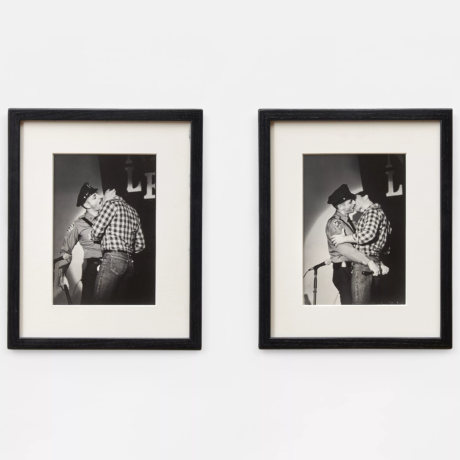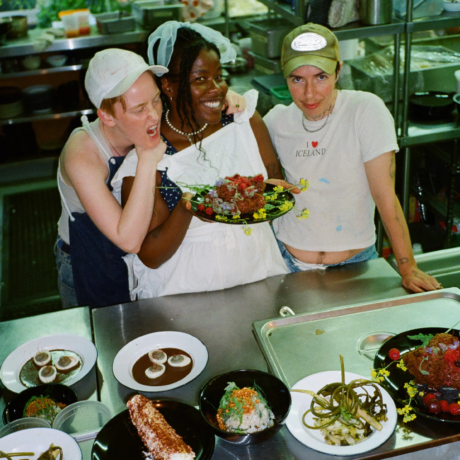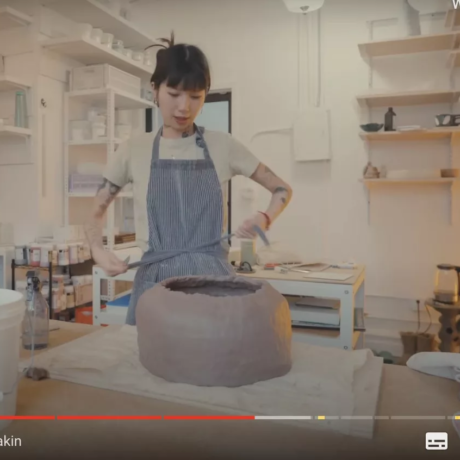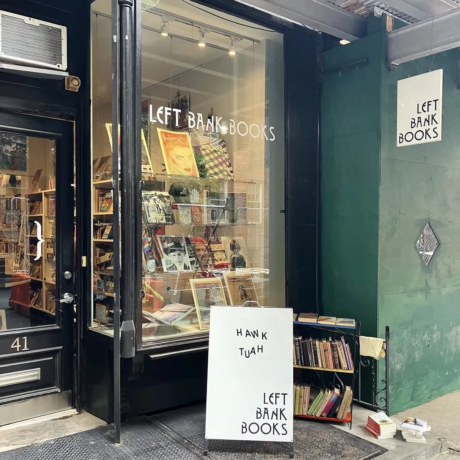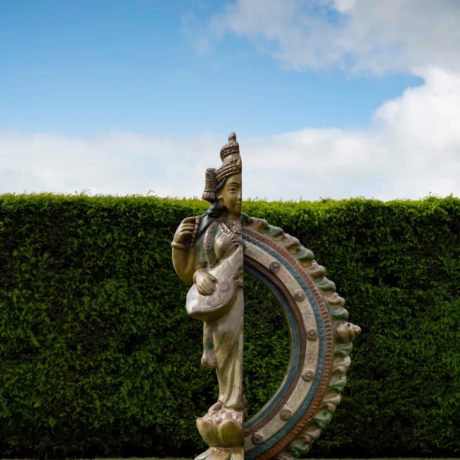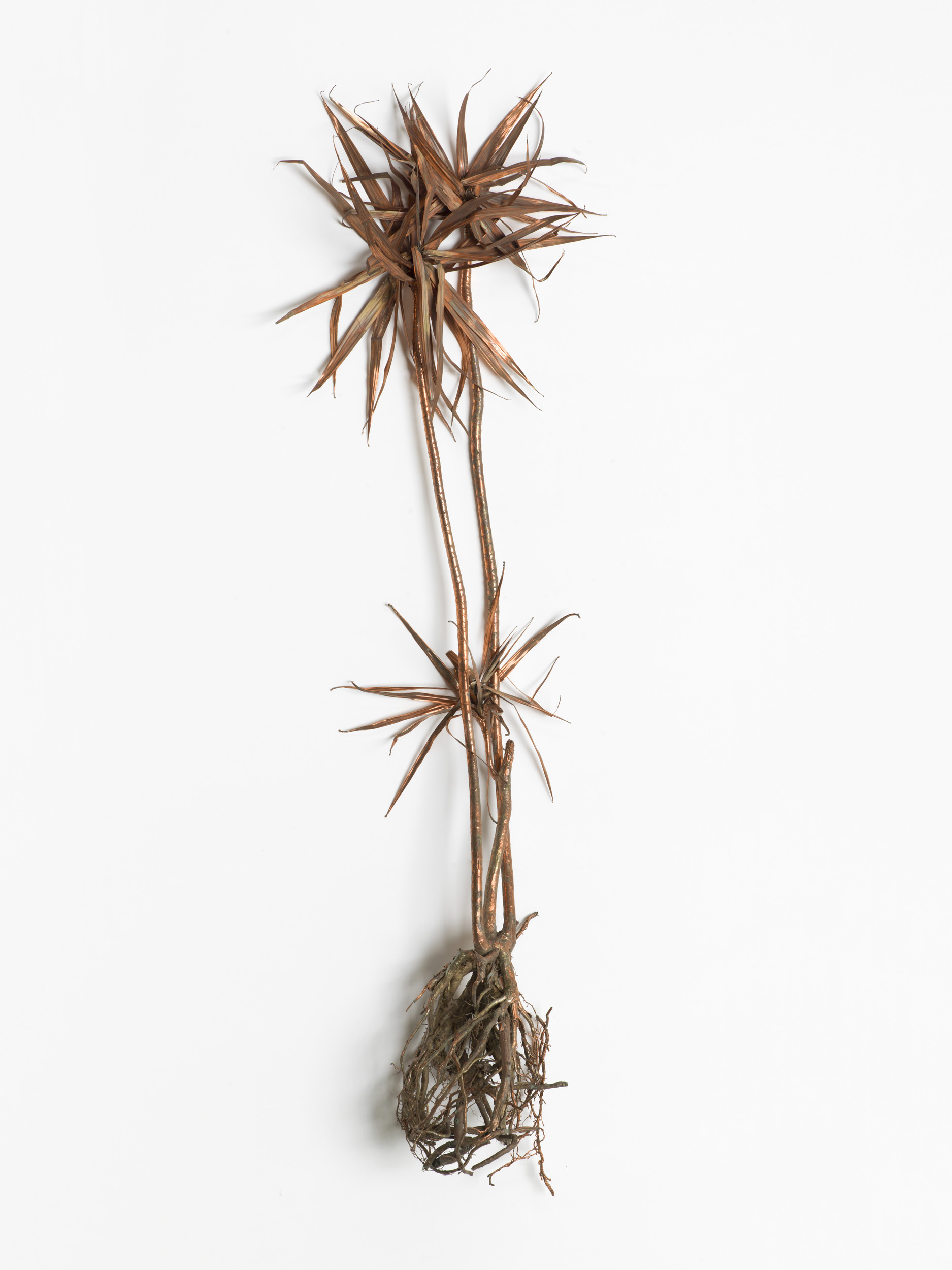
Paradise Is Now, 2018
What’s in a palm tree, and why is the art world so obsessed with these delightfully gangly boons of nature? Across 2,000 years, palm trees have come to stand for good fortune, happiness, wealth, peace and salvation: as a bridge between Eastern and Western art history, they transcend continents, religions and cultures. Paradise Is Now traces the rise of the humble palm in contemporary art, invoking such household names (and apparent palm enthusiasts) as John Baldessari, David Hockney, Ed Ruscha and Rirkrit Tiravanija. Sensing a parallel between the symbolic wealth of the palm tree and the material excess of contemporary culture, Paradise Is Now includes a fresh crop of blinged-out palms, including Alicja Kwade’s copper number. (Alice Bucknell)
Sheila Heti, Motherhood, 2018
Heti’s diaristic second novel, Motherhood, is a pertinent (if at times binary) rumination not only on motherhood but on the demands and expectations on women today, and what it really means to live in Western society as a woman who decides not to have children. Over the course of the narrative, as the thirty-six-year-old narrator tortures herself over whether she should have a child before it is biologically too late—“Whether I want kids is a secret I keep from myself—it is the greatest secret I keep from myself”—she visits friends with kids, judging their choices, and at the same time feeling anguished at her separation from them all. It is not, at times, easy to read (especially as a new mother and feminist) but Motherhood is an honest and personal book (Heti, now forty-one, wrote it to help herself come to terms with her own decision to not have children) for our times that seriously considers how much society imposes on women and how “free” we really are to choose how to be. (Charlotte Jansen)
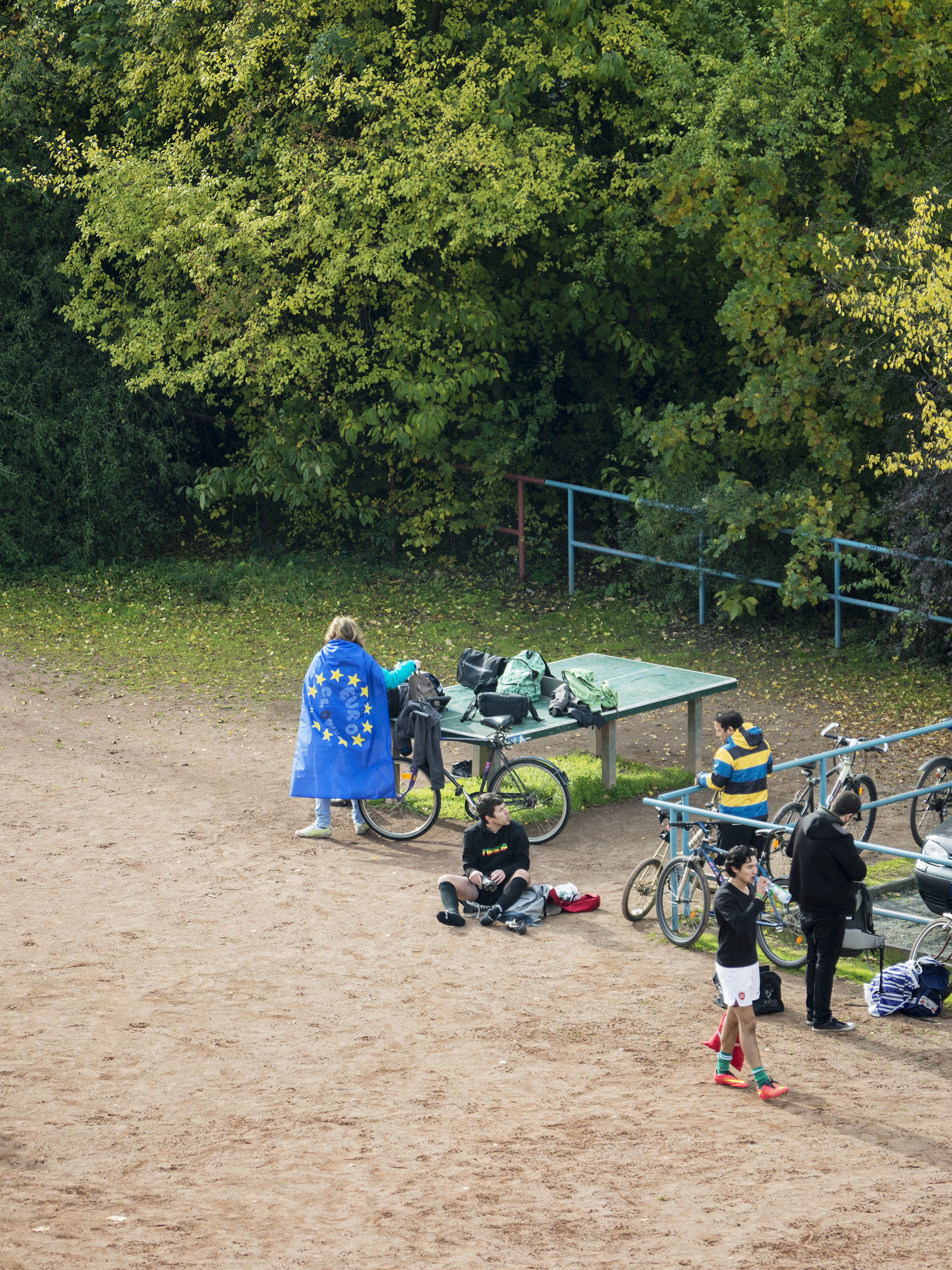
Hayahisa Tomiyasu, TTP, 2018
Hayahisa Tomiyasu’s study in repetition of a single ping-pong table, viewed from the window of his former student apartment in the German city of Leipzig speaks for itself—and the book’s accompanying text is kept suitably sparse. The many comings and goings of the local inhabitants and passers-by are captured in congregation around the faded, distinctive green of the table-top. Boys in football shirts, kids on bikes and, on one occasion, someone draped in an EU flag, perch and recline at ease, reflective of the diversity of the wider community—often overlooked in a city but ever-present. The book won Mack’s prestigious First Book Award this year, and it is joyfully stripped-back in its simplicity, demonstrating that the best titles are rarely the showiest. (Louise Benson)
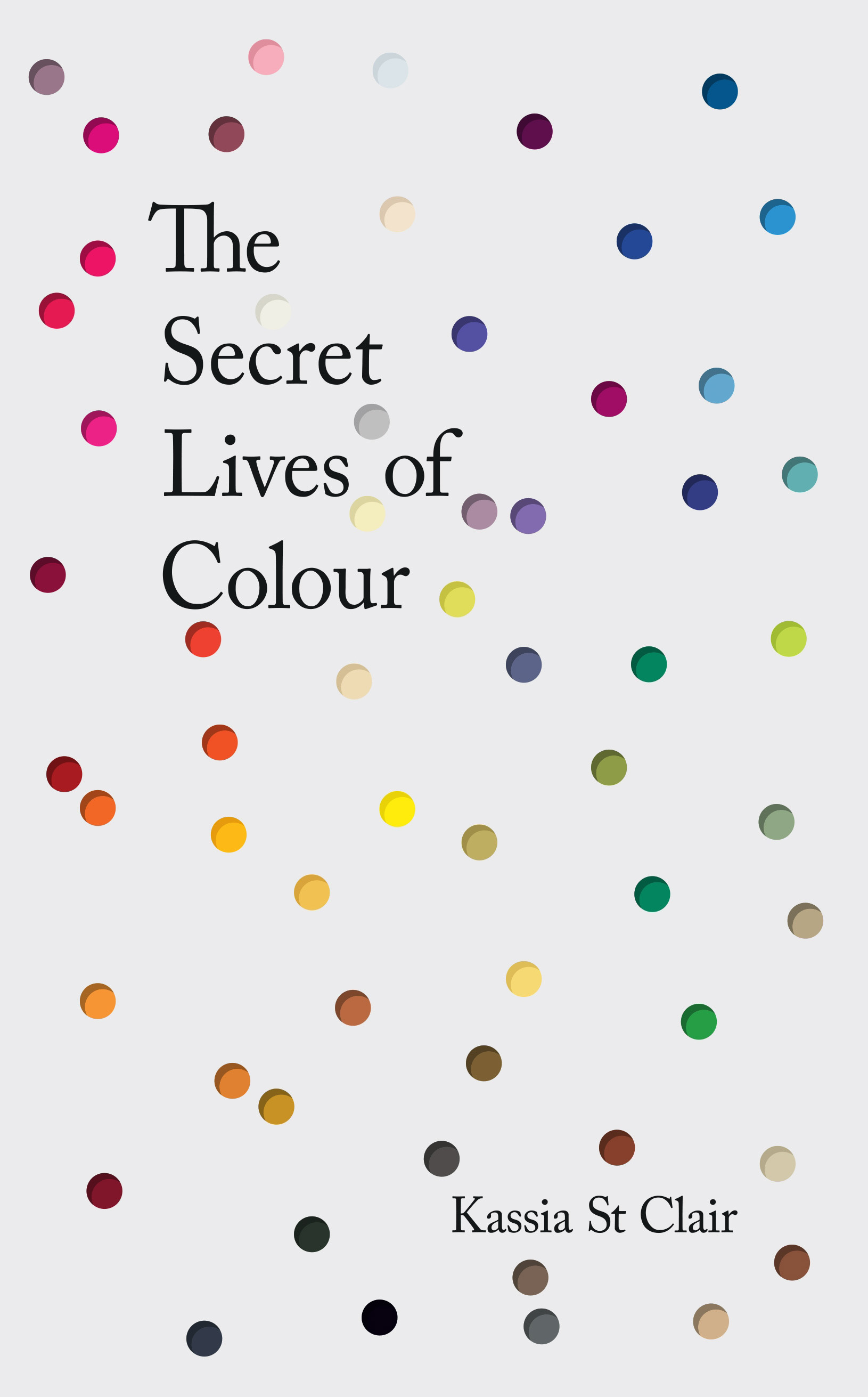
Kassia St Clair, The Secret Lives of Colour, 2016
This book on the history of hues began as a regular column in Elle Decoration, but seeing it as a fully-fledged bible of colour is something else entirely. There are entries for every conceivable shade, from Cochineal to Prussian Blue, covering everything from distinct physical and chemical properties to their art historical significance and impact on global economics. The book is meticulously arranged by colour families with page edges to match, resulting in a reference rainbow that compels you to flick through it and discover the hidden stories within. (Holly Black)
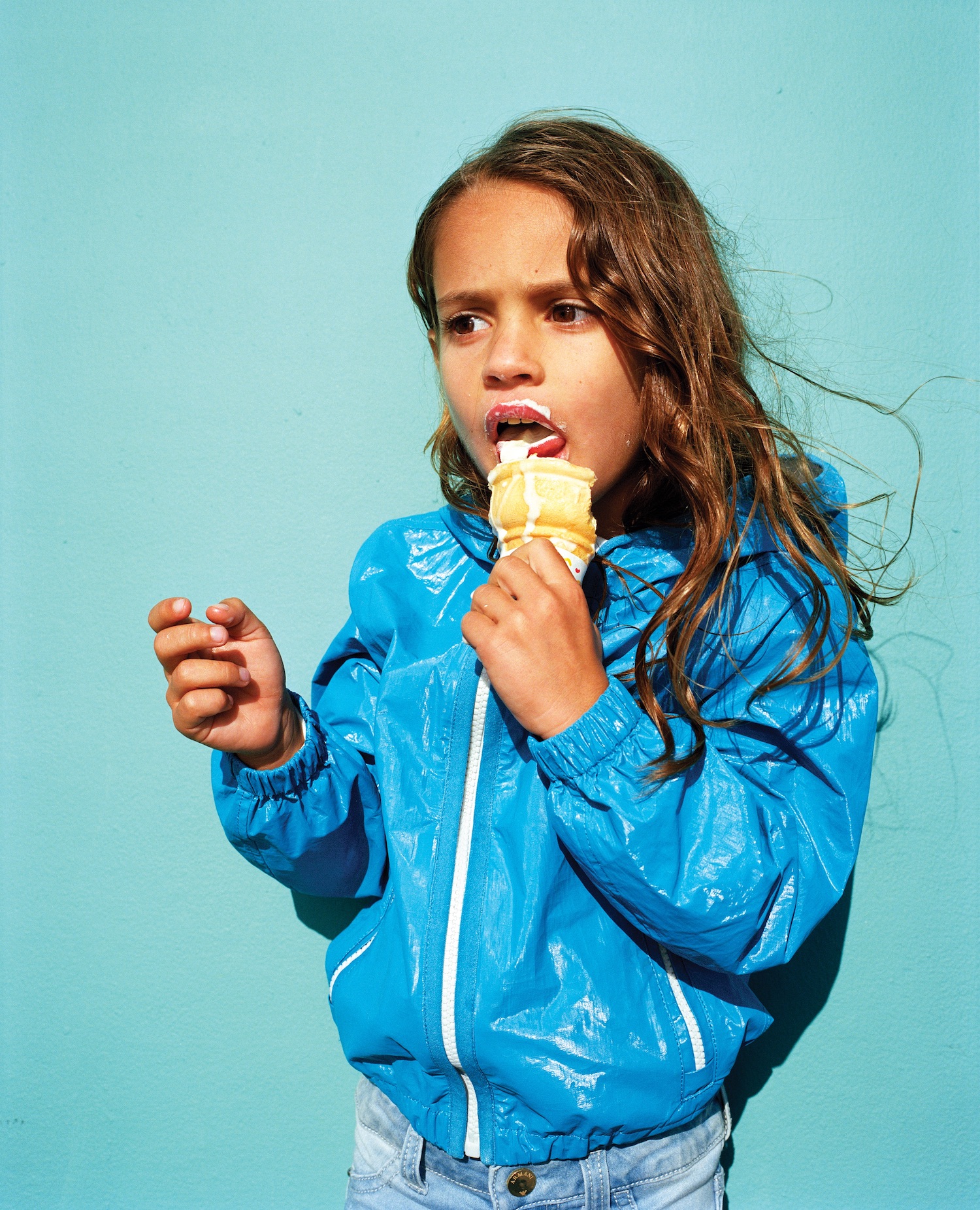
Ed Templeton, Lick, 2017
Published by Cafe Royal Books at the end of last year, Lick is a delightful visual exploration of tongue action—in the most innocent sense. The zine includes pictures curated from the archive of pro-skater and photographer Ed Templeton, shot between 1999 and 2016, mostly at beaches along the California Coast, where he lives. What emerges is the quintessence of summer: rain or shine, melting ice-cream in hand, face to the sea breeze. (Charlotte Jansen)
Andrew Martin, Early Work: A Novel, 2018
It ain’t summer reading if you’re not cozying up poolside with the characters you love to hate. Andrew Martin’s debut novel Early Work delivers a roster of semi-deplorable and painfully familiar characters: the over-educated art world renegades and aging urbanite hipsters who waffle around in existential crisis as their trust funds—like their youthful charm—slowly dry up. Early Work is told primarily through the perspective of the ultimate mansplainer Peter, who has a summer fling with Leslie, a temporary transplant to Virginia on the run from her fiancé (millennials can’t commit to anything, haven’t you heard?), and who cheats on his loving, brilliant writer girlfriend Julia in the process. Throwing serious Chris Kraus vibes, yet without the critical feminist edge, it’s a self-conscious game of testing the infidelity of others, and watching oneself be tested in turn. A perfectly entertaining if at times self-indulgent drama for the dog days of summer. (Alice Bucknell)
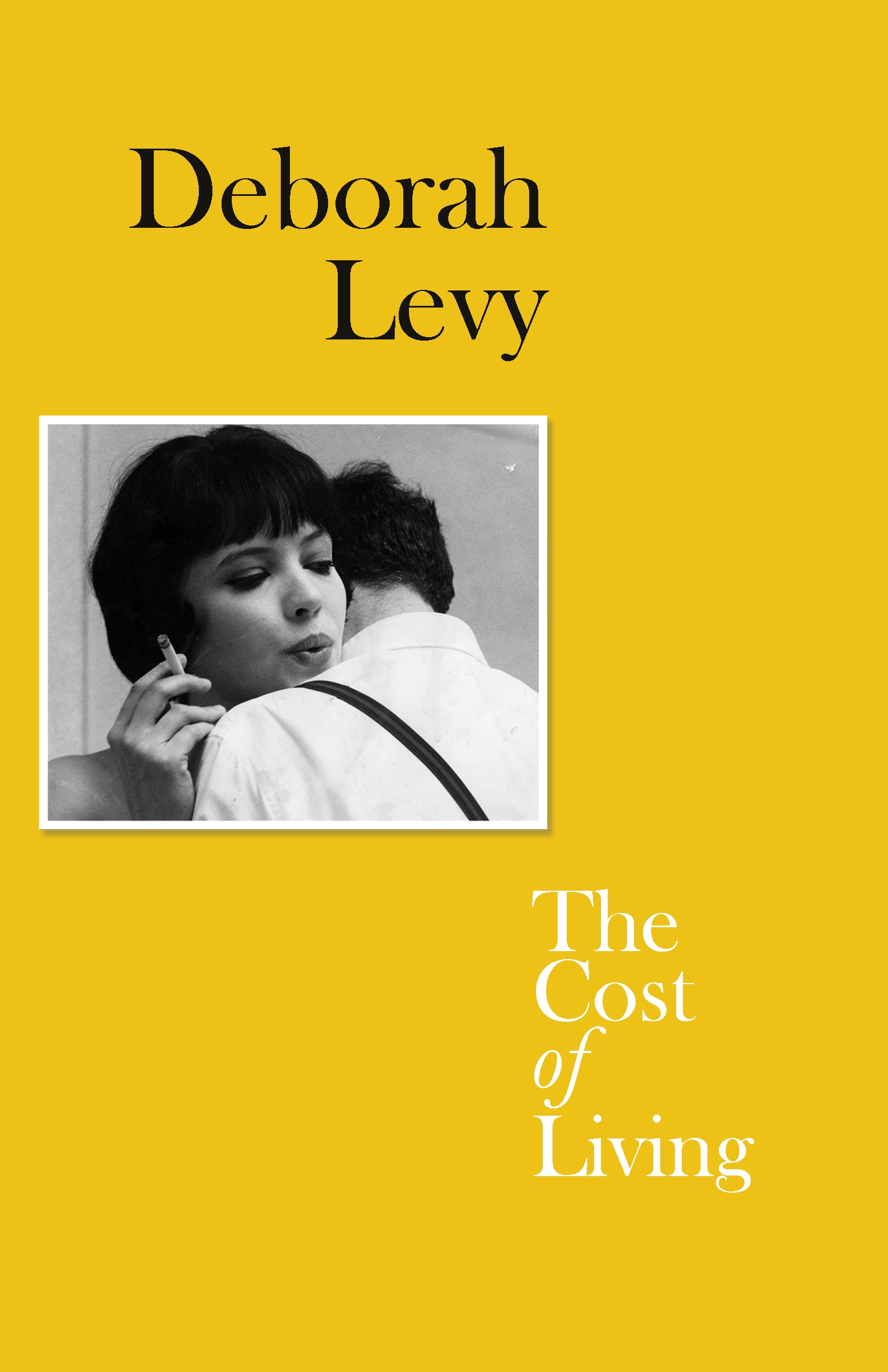
Deborah Levy, The Cost of Living, 2018
How do we quantify our lives for what they are worth in order to make our decisions on how to move forward? For most, money is the priority, but there are countless concerns to be accounted for, such as a relationship, marriage, children, career success, creative endeavour and a less tangible feeling of security. The title of Deborah Levy’s latest book, the second in a two-part series of “living autobiographies”, confronts this toss-up over what our lives are worth, and in doing so highlights how little these fundamental priorities are questioned or challenged later in life. At that stage, the dice are assumed to be rolled and, as a woman, to alter the hard facts of your very own status quo is not just a bitter fight but a political act. At the age of fifty, Levy finds herself newly divorced, and uses this a springboard to expand upon the many constraints that women find themselves bound up in—not only in longterm expectations but even in the mundanity of everyday interactions. This is a powerful, reflective book that gets under the skin of contemporary prejudices and reveals them for what they are, as present now as they ever were. (Louise Benson)
Domon Ken, Skira, 2017
This stunning phonebook charts the career of Domon Ken, heralded as the “devil of photo-reportage” in his native Japan, but largely uncelebrated overseas. It brings together black-and-white images that record life during and after the Second World War, capturing everything from military drills to children playing in post-atomic devastation, many of which appeared in the pages of Life magazine. It also presents his subsequent colour portfolio, which focuses on the beauty and serenity of traditional Japanese gardens and shrines. (Holly Black)
